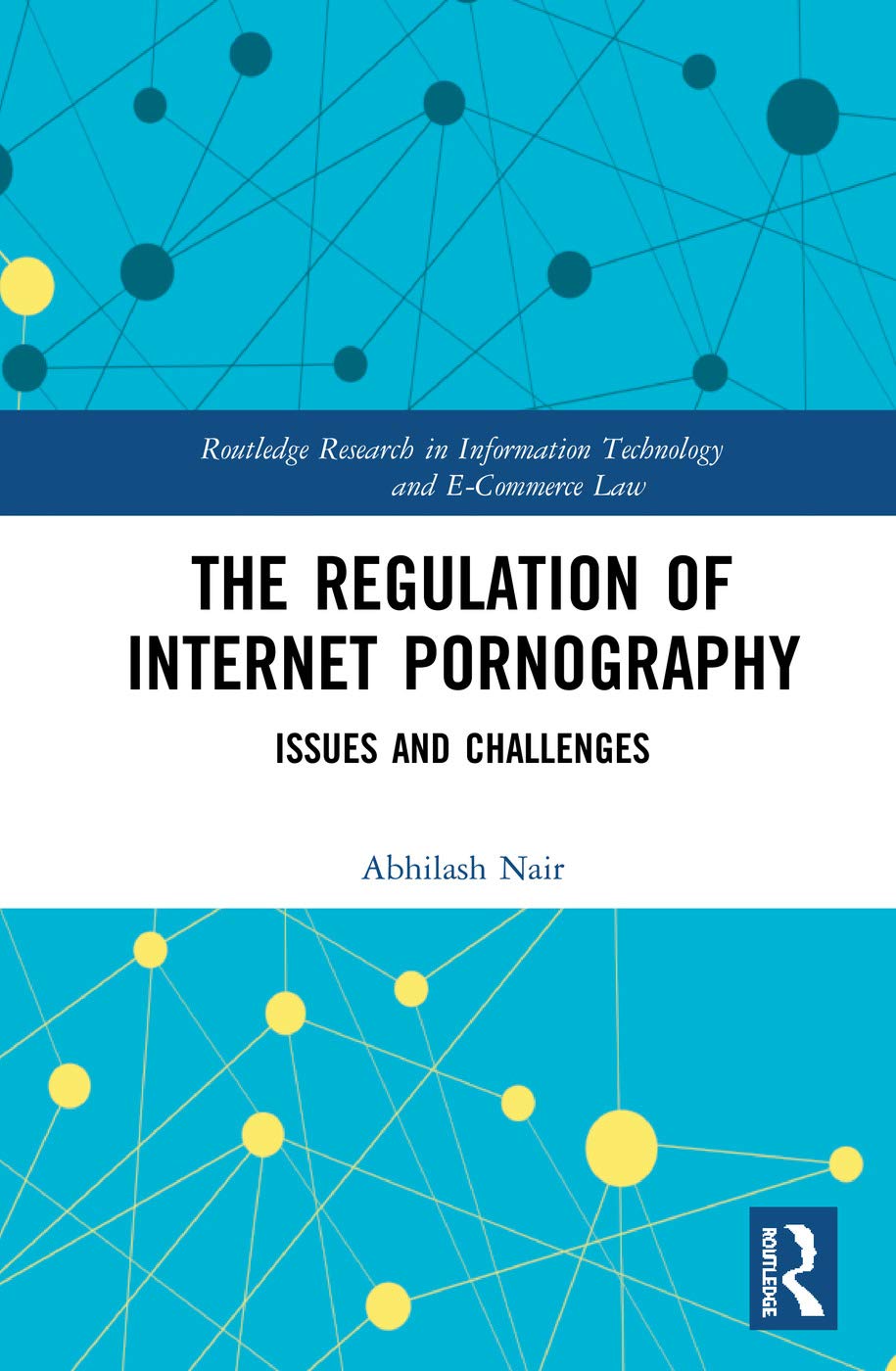The Regulation of Internet Pornography: Issues and Challenges
The Regulation of Internet Pornography: Issues and Challenges is backordered and will ship as soon as it is back in stock.
Couldn't load pickup availability
Genuine Products Guarantee
Genuine Products Guarantee
We guarantee 100% genuine products, and if proven otherwise, we will compensate you with 10 times the product's cost.
Delivery and Shipping
Delivery and Shipping
Products are generally ready for dispatch within 1 day and typically reach you in 3 to 5 days.
Book Details
-
Author: Abhilash Nair
-
Publisher: Routledge
-
Language: English
-
Edition: 1
-
ISBN: 9780415745772
-
Pages: 219
-
Cover: Hardcover
-
Dimensions: 9.5 x 6.4 x 0.7 inches
-
Weight: Not provided
About the Book
The regulation of pornography has always been a contentious issue, with debates surrounding its acceptability and role in society. With the rise of the internet, the distribution and consumption of pornography have become even more complex, presenting numerous challenges for the law. This book explores the evolving regulatory frameworks for internet pornography, particularly focusing on the UK, while drawing comparisons with other countries.
As traditional laws proved ineffective in cyberspace, a new and radical regulatory model emerged, shifting the focus from controlling the publication and distribution of obscene material to deterring private consumption of illegal content. The involvement of non-state actors and self- and co-regulatory measures has introduced new dynamics, often imposing liability on intermediaries.
This book classifies internet pornography into three broad categories: child pornography, extreme pornography, and adult pornography. It offers an in-depth analysis of the legal issues surrounding each category, emphasizing that traditional notions of obscenity and indecency are no longer sufficient for regulating online pornography. The book also discusses the legitimizing factors that will lend credibility and normative force to regulatory measures.
This is the only comprehensive text addressing the regulation of internet pornography, making it an essential resource for academics, students, policymakers, and professionals in internet governance and online child protection.





